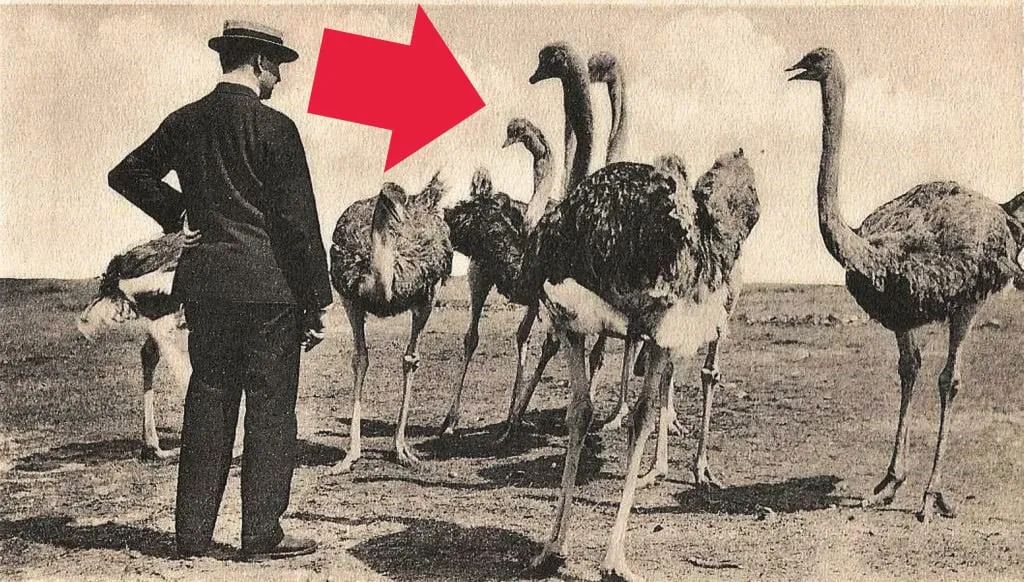In 1932, Australia witnessed one of the strangest wars in history in a war not fought against an enemy army or a colonial force, but against a flightless bird known as the emu, a species of large, native Australian bird. It was later dubbed the “Great Emu War,” becoming a legendary example of military absurdity and administrative failure, and a source of laughter and satire among historians and the public alike.
The story began when thousands of emus caused massive destruction to wheat farms in Western Australia. These birds were migrating inland in search of food and water after a period of drought, and they found the wide fields of wheat to be an open feast. Alarmed by this unexpected invasion, farmers turned to the government for help. But instead of using traditional agricultural solutions, the Australian government decided to send in… the army.
Soldiers armed with Lewis machine guns were deployed as if they were preparing to battle a well-equipped enemy. The plan looked simple on paper: approach the birds, open fire, and eliminate the problem. But the emus proved much faster and more agile than anyone had expected. They moved in large flocks and scattered at the slightest sound, making them nearly impossible to target. Ironically, the military managed to kill only a small number of birds compared to the thousands that were ravaging the crops.
The campaign’s failure quickly became headline news. Newspapers didn’t hold back—they mocked the army with statements like “The emus have defeated the Australian military!” The event turned into a national joke. Even politicians began distancing themselves from the idea of “declaring war on birds,” as if it had never happened. Over time, the story became a satirical reminder of how governments sometimes respond to simple problems with overly complex or ridiculous solutions.
Today, the Great Emu War is remembered as one of the most comical moments in military history—not because of the casualties, but because of the sheer embarrassment that came from trying to solve a bird problem with bullets… when a fence might have done the trick.
